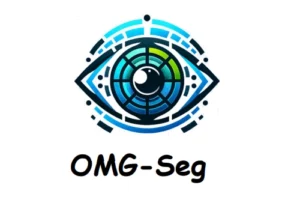
In an effort to accelerate the study and diagnosis of rare illnesses, Google DeepMind scientists developed an artificial intelligence program that can predict whether millions of genetic variations are innocuous or likely to cause disease.
The Google program predicts missense mutations, which occur when a single letter in the DNA sequence is misspelled. These mutations are frequently harmless, but they can affect protein function and cause disorders ranging from cystic fibrosis and sickle cell anemia to cancer and brain development issues.
AlphaMissense was utilized by the researchers to evaluate all 71 million single-letter mutations that potentially affect human proteins. When the Google Deepmind program’s precision was set to 90%, it predicted that 57% of missense mutations were likely innocuous and 32% were likely dangerous. It was unclear how the rest would affect it.
Based on their findings, the researchers have created a Google free online database of the predictions to assist geneticists and doctors who are researching how mutations cause diseases or diagnosing patients with unusual ailments.
A normal person’s genome contains approximately 9,000 missense mutations. Only 2% of the more than 4 million observed in humans have been classed as benign or harmful. Doctors already have computer programs that can forecast which mutations are likely to cause disease, but because the predictions are erroneous, they can only provide supporting evidence for a diagnosis.
Dr. Jun Cheng and colleagues describe in Science how AlphaMissense outperforms current “variant effect predictor” programs and should assist specialists in identifying which mutations are causing diseases more quickly. The program may also identify variants that have not previously been related to certain ailments and direct doctors to more effective treatments.
When the trained AI is given a mutation, it generates a score indicating how dangerous the genetic alteration looks to be, but it cannot specify how the mutation creates any difficulties.
“This is very similar to human language,” added Cheng. “If we substitute a word in an English sentence, a person who is familiar with English can immediately see whether the word substitution will change the meaning of the sentence or not.”
This model may turn out to be more complicated than the biology it is attempting to predict. It’s disheartening to learn that we may never comprehend how these models work.
“The Google DeepMind model does a good job of predicting what is broken,” he continued. “Knowing what is broken is a good starting point.” However, in order to repair something, you must first understand how it broke. Many of us are working hard to generate the huge amounts of data required to train the next generation of AI models that will tell us not only which alterations in DNA are harmful, but also exactly what the problem is and how we may go about resolving it.”
Similar Posts
-
Chinese Company DeepSeek Releases DeepSeek-Coder a LLM for Code Generation
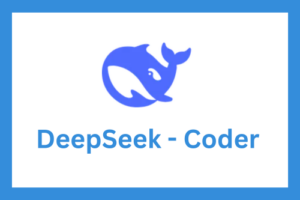
-
Alibaba’s Mobile-Agent: A Smart Mobile Assistant
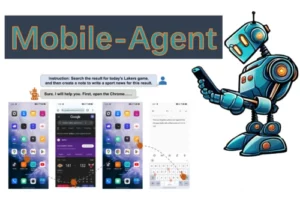
-
Grounded SAM: A Unified Model for Diverse Visual Tasks

-
Gaussian Head Avatar: High Quality Head Avatar Generator
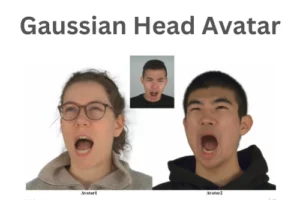
-
Google DeepMind’s AlphaGeometry: Without Assistance Solving Olympiad Geometry Problems
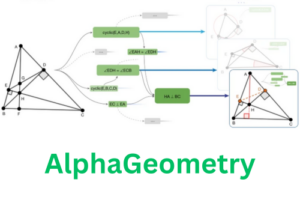
-
OMG-Seg: A Unified Segmentation Model
